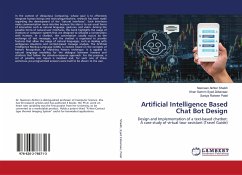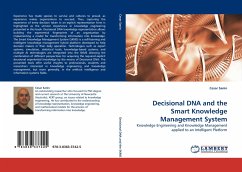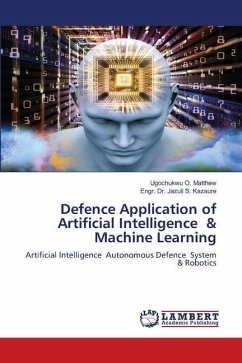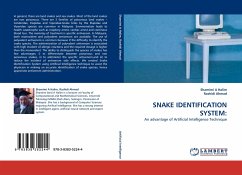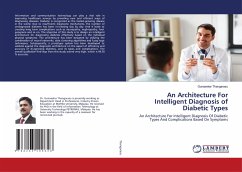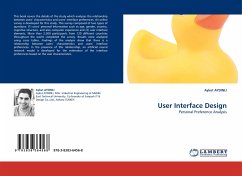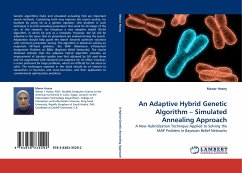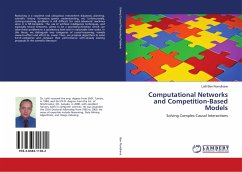
Computational Networks and Competition-Based Models
Solving Complex Causal Interactions
Versandkostenfrei!
Versandfertig in 6-10 Tagen
52,99 €
inkl. MwSt.

PAYBACK Punkte
26 °P sammeln!
Reasoning is a cognitive task ubiquitous everywhere: diagnosis, planning, scientific theory formation, speech understanding, etc. Unfortunately, solving reasoning problems is still difficult for most advanced machines since it is NP-Complete. The use of artificial intelligence techniques, and especially neural networks, seems to be a promising direction which can solve these problems to a satisfactory level and in reasonable time scales. In this thesis, we distinguish two categories of causal reasoning; namely cause-to-effect and effect-to- cause. Then, we propose algorithms to solve both cate...
Reasoning is a cognitive task ubiquitous everywhere: diagnosis, planning, scientific theory formation, speech understanding, etc. Unfortunately, solving reasoning problems is still difficult for most advanced machines since it is NP-Complete. The use of artificial intelligence techniques, and especially neural networks, seems to be a promising direction which can solve these problems to a satisfactory level and in reasonable time scales. In this thesis, we distinguish two categories of causal reasoning; namely cause-to-effect and effect-to- cause. Then, we propose algorithms to solve both categories and compare their performance with already existing proposals in the scientific literature.



